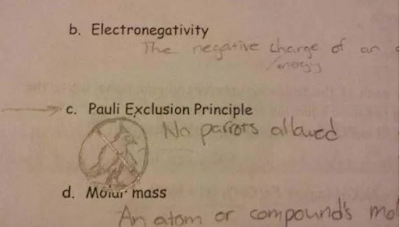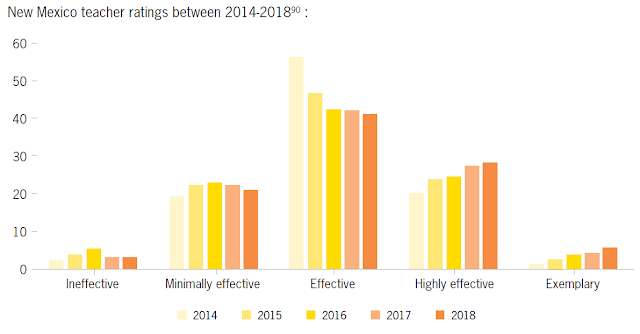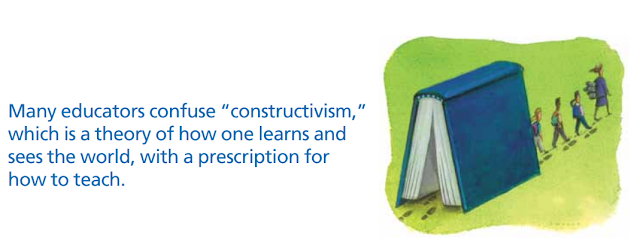The Drawback of Advanced Academic Programs

As parents, we simply want the best for our children. The adage that says children need to be challenged is fairly common among both parents and educators. Thus, it is only expected that we want our own children to be attending schools with high scores in standardized tests and challenging learning experiences. An article in the Washington Post five years ago illustrates how great a length a parent will go to simply to place his or her child in an advanced academic program: "When a contributor to a local parenting listserv recently solicited recommendations for an “educational consultant” to help get her child into Fairfax County’s program for “gifted” students, readers were quick to attack. “My God!” wrote one parent, “this is wrong!”" Sadly, that one parent who says, "this is wrong", is more likely an exception. Labeling students and creating tiered schools unfortunately can actually harm basic education and a recent 50-year longitudinal research study shows...









